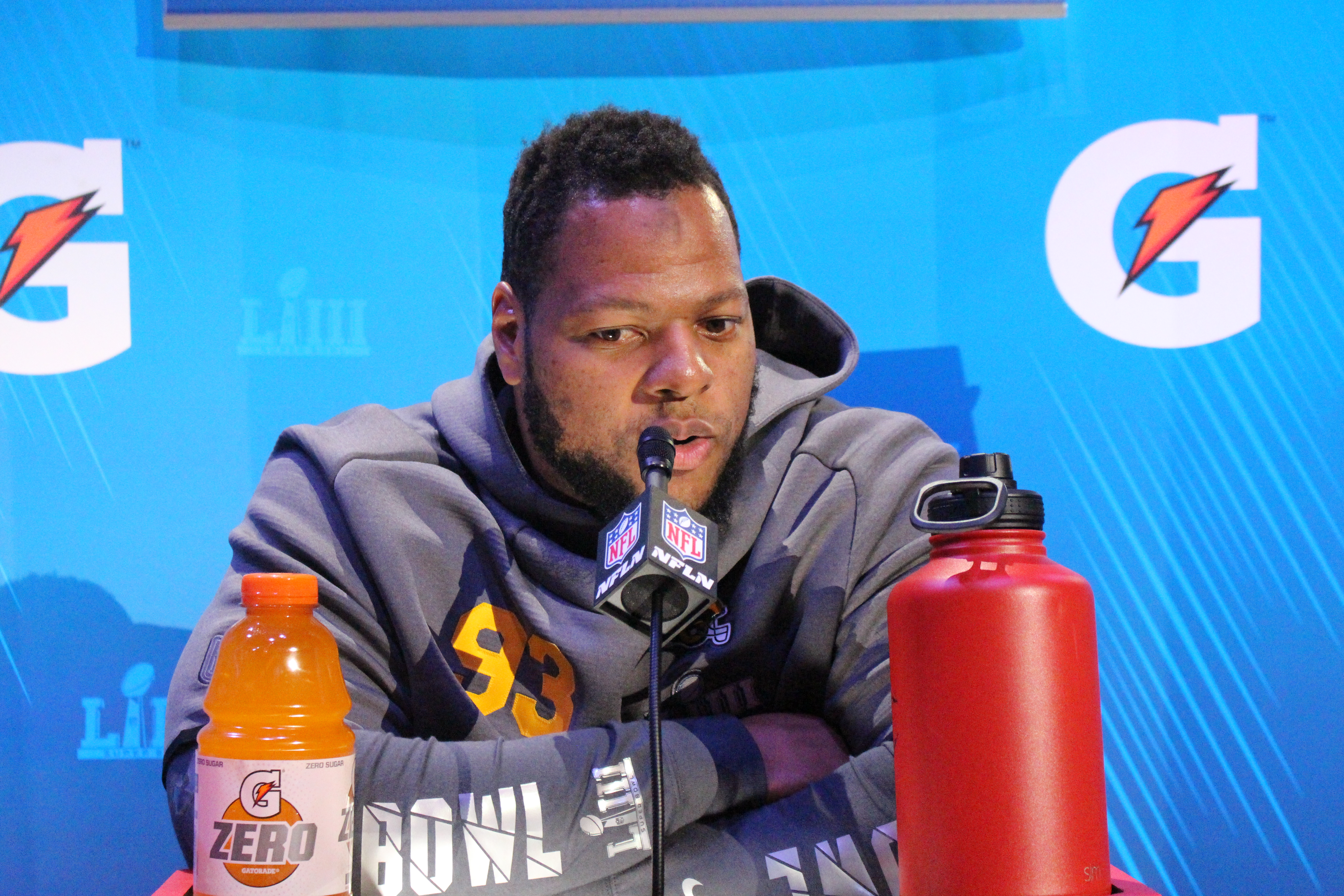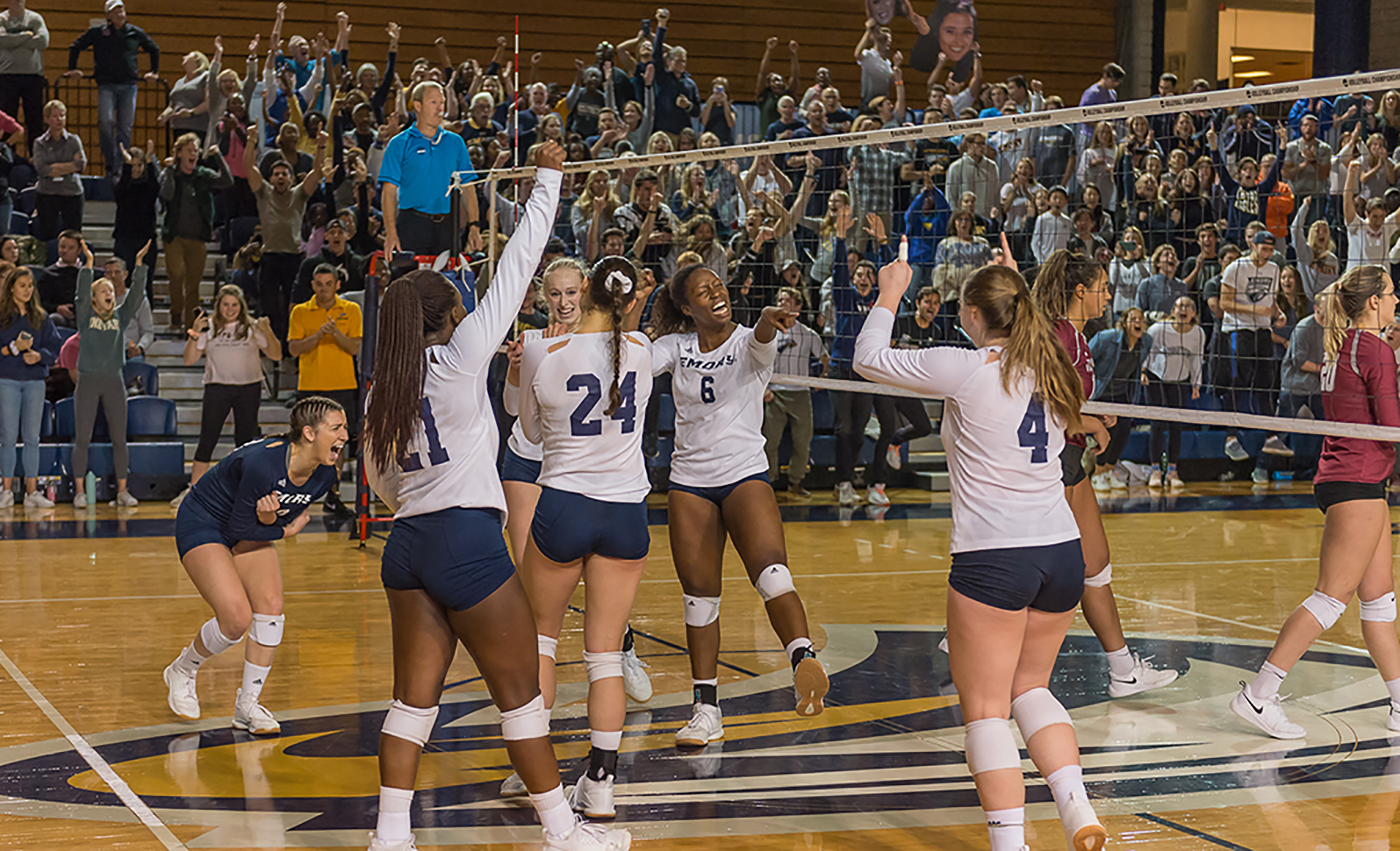Atlanta Hawks General Manager Danny Ferry already knows this story. A teenage hometown hero gets drafted by his city’s downtrodden franchise and is immediately thrown into the role of “franchise-savior.” He succeeds as his team becomes an Eastern Conference powerhouse and post-season mainstay. But after one too many years of “just missing” a big playoff breakthrough, the star grows dissatisfied. Upon becoming a free agent, he disappoints his fans as he opts to leave the team and city where he grew up.
This is the story of LeBron James and Cleveland in the summer of 2010. However, if Atlanta is not careful, Josh Smith will follow this same path in the summer of 2013.
Their stories, of course, are not identical. For starters, Smith (as much as he tries) will never be James. Secondly, unlike James who led Ferry (then the General Manager of the Cavaliers) into believing he would re-sign throughout the 2010 season, Smith has been forthright in saying that he will look to maximize profits in free agency. Remember, it was only four years ago in Smith’s first go-round in restricted free agency that he agreed to an offer sheet with the Grizzlies only to have the offer matched by Atlanta.
Moreover, while Ferry was willing to give James the keys to the entire organization in Cleveland, he is reportedly unwilling to meet Smith’s demands for a max-contract in Atlanta. As it stands right now, Smith and Atlanta are at least $20 million dollars away in salary negotiations.
Because of this, Atlanta should look at James’ precedent and realize that trading Smith, even for change on the dollar, is better than losing him to free agency with no compensation over the summer.
Unfortunately for Atlanta, Smith’s declaration of seeing himself as a max-contract player has scared off several potential suitors.
Essentially, any team with remaining interest in trading for Smith will have to be willing to extend him for a max-contract after the season and will also have to risk losing him in free agency.
Because of this, any offer the Hawks receive for Smith will undoubtedly be for change on the dollar of his actual value. While fans will be weary of the seemingly disappointing return, they have to realize that Smith’s departure is all but a forgone conclusion at this point and that acquiring assets can salvage the inevitable loss.
Here are three plausible trades Atlanta should consider:
1. Josh Smith and Anthony Morrow to Phoenix in exchange for Marcin Gortat, Jared Dudley and Sebastian Telfair.
Rumors have persisted that Phoenix is among the teams most interested in Smith. The Suns and Smith make sense together. After all, Phoenix has money to spend and a thirst for a franchise centerpiece. Moreover, the Suns believe Smith can be their guy. By adding Smith before the summer, Phoenix would significantly enhance its chances of re-signing him, as the NBA’s Collective Bargaining Agreement allows incumbent teams to outbid any competitor in free agency. By also acquiring Smith’s longtime friend, Anthony Morrow, in the trade, the Suns would make Smith happy.
For Atlanta, the team would add an established defensive anchor in Gortat, which would subsequently enable them to move Al Horford to his original position of power forward. With Gortat and Horford in the frontcourt, the Hawks would have among the Eastern Conference’s strongest interiors.
Moreover, Gortat is signed to a reasonable contract and would not inhibit Atlanta’s future plans. In addition, Dudley is respected around the league as a consummate teammate and would add a dimension to Atlanta’s perimeter defense and perimeter shooting. Lastly, in Telfair, Atlanta would acquire a needed backup point guard.
2. Josh Smith to Charlotte for Bismack Biyombo, Jeffery Taylor and DeSagana Diop.
Bobcats Owner Michael Jordan has done a fine job of building a strong nucleus for the future. With Kemba Walker and Michael Kidd-Gilchrist, Charlotte has two young stars to build around. By acquiring Smith, the team would form a “big three” brimming with playoff potential. Smith would likely re-sign in Charlotte as they could offer him a max-contract and he would get to be the centerpiece on an up-and-coming team.
For the Hawks, meanwhile, receiving Biyombo would be a huge win for the franchise’s future. After all, the Congolese 20-year-old is still younger than most prospects in the upcoming draft. And with great blocking instincts and a 7’7″ wingspan, Biyombo figures to become an elite defender for at least the next decade. Also, as a minor side note in the trade, the Hawks would re-unite former Vanderbilt teammates in rookies John Jenkins and Jeffery Taylor.
3. Josh Smith to San Antonio for Tiago Splitter, Nando de Colo and Stephen Jackson.
Danny Ferry has a great relationship with the Spurs’ front office and would like to trade Smith to the Western Conference if possible. For San Antonio, Smith could be the missing piece to push them into becoming championship favorites again. Also, the occasionally volatile Smith would surely be motivated playing under Gregg Popovich.
For Atlanta, Splitter is a proven starting center with high efficiency numbers. (Last season, he projected for 19.6 points and 10.9 rebounds for 40 minutes.) Moreover, at 28, he is just now entering the prime of his career. In de Colo, the Hawks would add a young and flashy guard who gets to the foul line – something the team has missed in Lou Williams’ absence.
Lastly, Jackson’s return to Atlanta would give the team veteran leadership. In his first stint with the Hawks nearly a decade ago, he was led the team in scoring. Most importantly, however, Jackson’s expiring contract would give the team financial freedom in the future.
While Smith is admittedly better than any of the aforementioned players, his contract demands simply do not fit in with the Hawks’ long-term plans. Danny Ferry has seen a star leave him in the dust before; he cannot let it happen again.
– By Jacob Eisenberg
The Emory Wheel was founded in 1919 and is currently the only independent, student-run newspaper of Emory University. The Wheel publishes weekly on Wednesdays during the academic year, except during University holidays and scheduled publication intermissions.
The Wheel is financially and editorially independent from the University. All of its content is generated by the Wheel’s more than 100 student staff members and contributing writers, and its printing costs are covered by profits from self-generated advertising sales.





